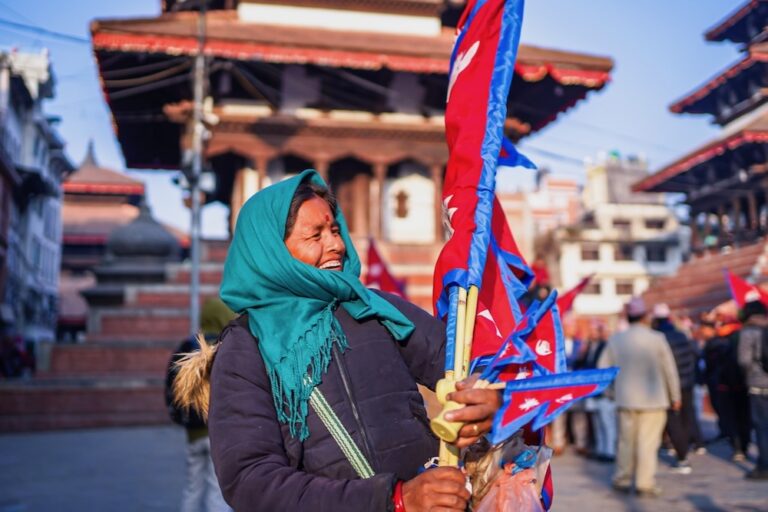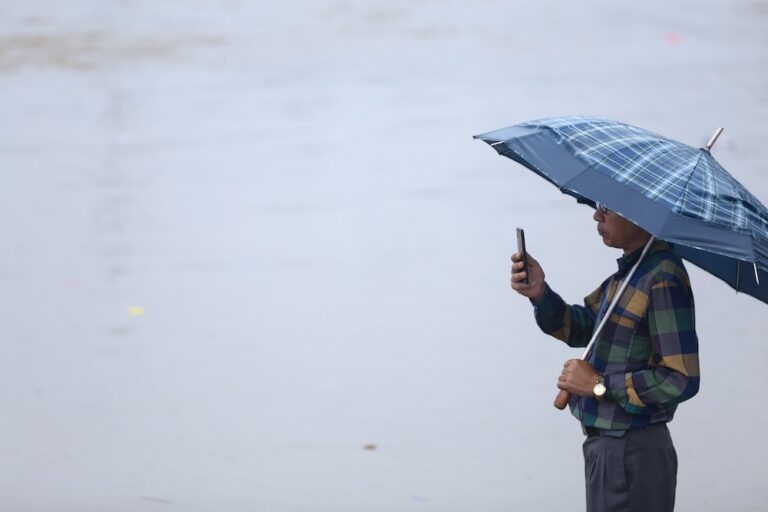(CEHURDES/IFEX) – On 13 September 2003, security forces arrested Sita Ram Baral, a journalist with the weekly “Jana Astha”, and took him in for questioning. Baral has been involved in journalism for nearly 10 years. His whereabouts remain unknown. According to his wife, Sharmila Sharma Baral, and brother, Krishna Prasad Baral, the journalist was detained […]
(CEHURDES/IFEX) – On 13 September 2003, security forces arrested Sita Ram Baral, a journalist with the weekly “Jana Astha”, and took him in for questioning. Baral has been involved in journalism for nearly 10 years. His whereabouts remain unknown.
According to his wife, Sharmila Sharma Baral, and brother, Krishna Prasad Baral, the journalist was detained by security forces at about 1:00 p.m. (local time) in the Sinamangal and Tinkune area of Kathmandu.
CEHURDES condemns Baral’s arrest and asks the security forces to disclose his whereabouts. The organisation also urges the chief of the security forces and the authorities to stop harassing journalists and free expression activists and hindering their work and movement.
BACKGROUND:
On 27 August, after three rounds of talks, Maoist rebels broke a seven-month ceasefire that had been declared on 29 January, subsequent to the assumption of executive power by the king on 4 October 2002. The Communist Party of Nepal (CPN-Maoist) rebels says they broke off the dialogue because the government did not seem serious about addressing their primary political demand of calling a constituent assembly election to draft a new constitution. The government declared the CPN-Maoist rebels to be “terrorists” on 28 August 2003 and relieved negotiators of their duties the following day.
On 2 September, the government issued a “prohibition order” in parts of Kathmandu valley. All rallies, gatherings and sit-ins, as well as the writing and distribution of pamphlets, were banned from 2 to 23 September. The order prohibits gatherings of five or more people in public places, except for religious or customary purposes.
On 26 November 2001, CPN-Maoist rebels broke a ceasefire under similar circumstances after three rounds of talks. The government declared them to be “terrorists” and imposed a state of emergency.
CPN-Maoist rebels have been waging a “people’s war” to abolish the monarchy and establish a republican state since February 1996. More than 7,000 people have since been killed by the security forces and Maoist rebels.


